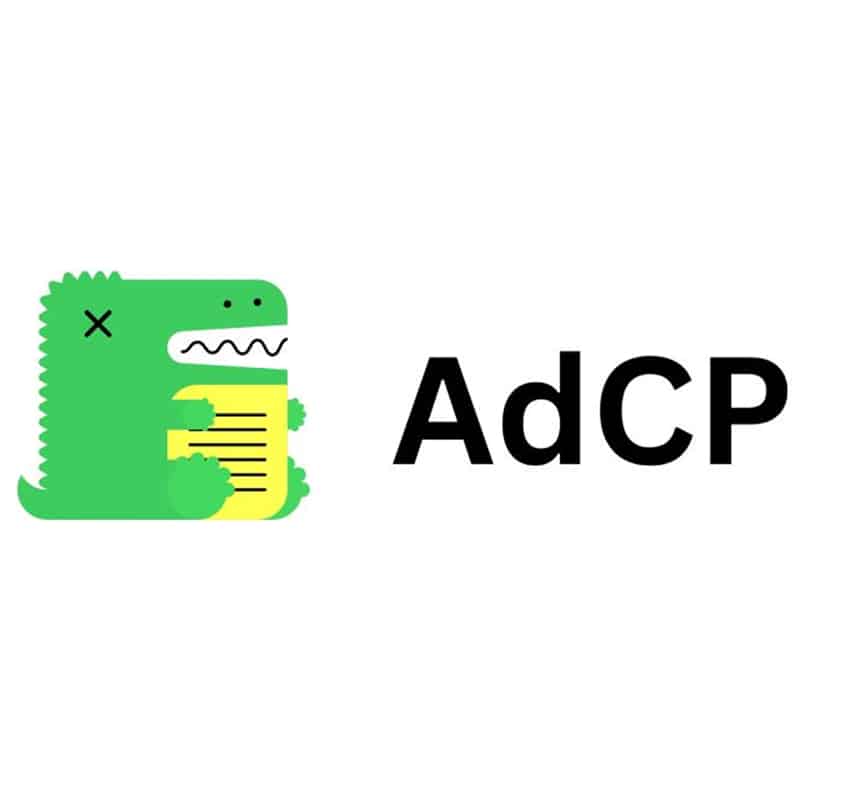Definition of AdCP (Ad Context Protocol)
AdCP is the acronym for Ad Context Protocol and is an open standard that allows artificial intelligence agents to understand campaign intent and communicate it across digital advertising systems. It structures information about campaign goals, brand suitability requirements, measurement expectations, contextual alignment, pacing, and delivery preferences in a consistent format. This helps ensure that planning signals can travel accurately through the programmatic supply chain. AdCP supports automation by allowing intelligent agents to express what a campaign needs without requiring custom integrations or manual intervention. AdCP also supports various models for pricing, packaging, and transactions—such as audience segments, engagement metrics, and outcome-based models—enhancing flexibility and transparency in campaign planning and measurement. Using AdCP, AI agents can interact directly with publisher systems, facilitating transparency, control, and streamlined workflows by establishing a direct connection between agents and publisher systems.
By improving the clarity of communication between buyers and sellers, AdCP contributes to more accurate and trusted decision making. It provides a foundation for agent-driven workflows where artificial intelligence can take on key tasks in planning, activation, and optimisation. There is a growing need for shared infrastructure in the programmatic advertising ecosystem, driven by the expansion of AI agents and interoperability standards, which AdCP is designed to address.
Purpose of AdCP
The goal of AdCP is to improve interoperability and transparency across the open internet. It complements existing open standards such as OpenRTB and Prebid by focusing on campaign understanding rather than solely transaction mechanics. With third-party identifiers fading, AdCP helps ensure that contextual and semantic information plays a stronger role in targeting and measurement.
AdCP is designed to reduce inefficiencies such as misaligned supply discovery, unclear campaign rules, and manual suitability checks. When platforms understand intent in a structured way, the media buying process becomes faster, more privacy aligned, and better suited to advertiser priorities. While AdCP enables automation in ad negotiations, humans remain essential for oversight and approval in AI-driven processes, ensuring trust and safety throughout each transaction.
AdCP Launch and Founding Members
AdCP was launched on 15 October 2025 by an industry consortium representing supply-side platforms, demand-side technology providers, data and contextual intelligence firms, agencies, and premium publishers. Founding members include Optable, PubMatic, Scope3, Swivel, Triton Digital and Yahoo. These companies committed to governing and promoting the protocol and represent distinct segments of the advertising ecosystem. An added collaborative, open-source governance model ensures transparency and neutrality, preventing any single company’s control over the protocol.
AdCP works as a collaborative, open-source framework, operating through community-driven governance to foster trust and neutrality among industry stakeholders.
Learn more about AdCP
Technical materials and evolving guidance can be found at adcontextprotocol.org
« Back to Programmatic Glossary Index
Let’s Get Started !
Let the Gourmet Ads team walk you through all the options available to ensure that your Food, Supermarket, Beverage or Kitchen advertising campaign has the best possible combination of Premium Guaranteed Inventory, Scale, First Party Data, Contextual Targeting and Programmatic Advertising elements.






